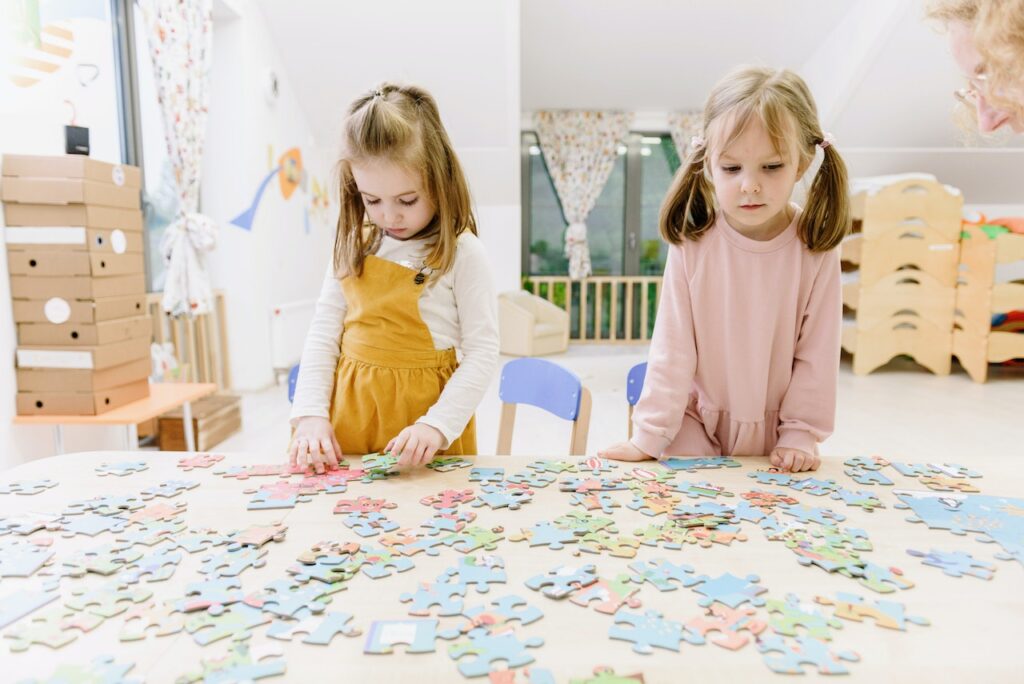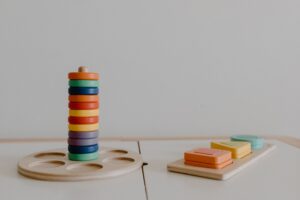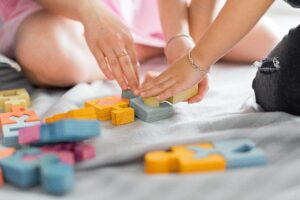Puzzles: A Fun and Beneficial Tool for Child Development

Puzzles have been a popular form of entertainment for children and adults alike for generations.
While they may seem like simple games, puzzles can have a profound impact on a child’s development.
From improving cognitive skills to boosting self-esteem, puzzles offer a multitude of benefits that can
help children grow and thrive.
Cognitive Skills
Solving puzzles is an excellent way for children to develop their cognitive skills. As they work to piece together a puzzle, they must use their memory to recall the shapes and positions of the pieces. This helps improve their concentration and focus, as well as their problem-solving and critical thinking skills. When a child successfully solves a puzzle, they have to analyze the information they have gathered and use logic to determine how the pieces fit together. This type of problem-solving is an important skill that children will use throughout their lives.
Fine Motor Skills
In addition to developing cognitive skills, puzzles can also help improve children’s fine motor skills. When children work on a puzzle, they have to use their hands to manipulate small pieces. This helps improve dexterity, hand-eye coordination and overall hand strength. Fine motor skills are essential for activities such as writing, typing, and manipulating small objects, making puzzle-solving a valuable exercise for children’s physical development.
Spatial Awareness
Puzzles can also help children develop their spatial awareness, which is the ability to understand how objects relate to each other in space. When children work on a puzzle, they have to think about the relationships between the pieces and how they fit together to form a complete picture. This type of thinking helps improve spatial awareness and is an important skill for activities such as reading maps, navigating in new environments, and playing sports.
Confidence
Finally, puzzles can help boost children’s self-esteem and confidence. When children successfully solve a puzzle, they feel a sense of accomplishment and pride in their abilities. This can help boost their self-esteem and give them the confidence they need to take on new challenges. In addition, working on a puzzle with others can help children develop social skills, as they learn to share, communicate, and work together to achieve a common goal.
In conclusion, puzzles are a fun and beneficial tool for child development. They can help children improve their cognitive skills, fine motor skills, spatial awareness, and confidence. Whether working on a puzzle alone or with others, children can enjoy the challenge and satisfaction of solving puzzles, while also developing essential skills for their future.




